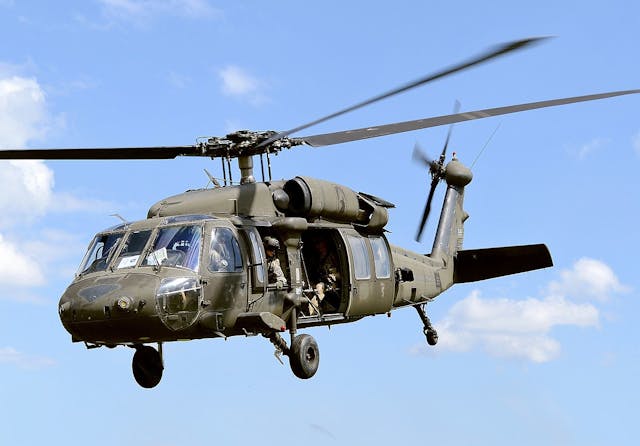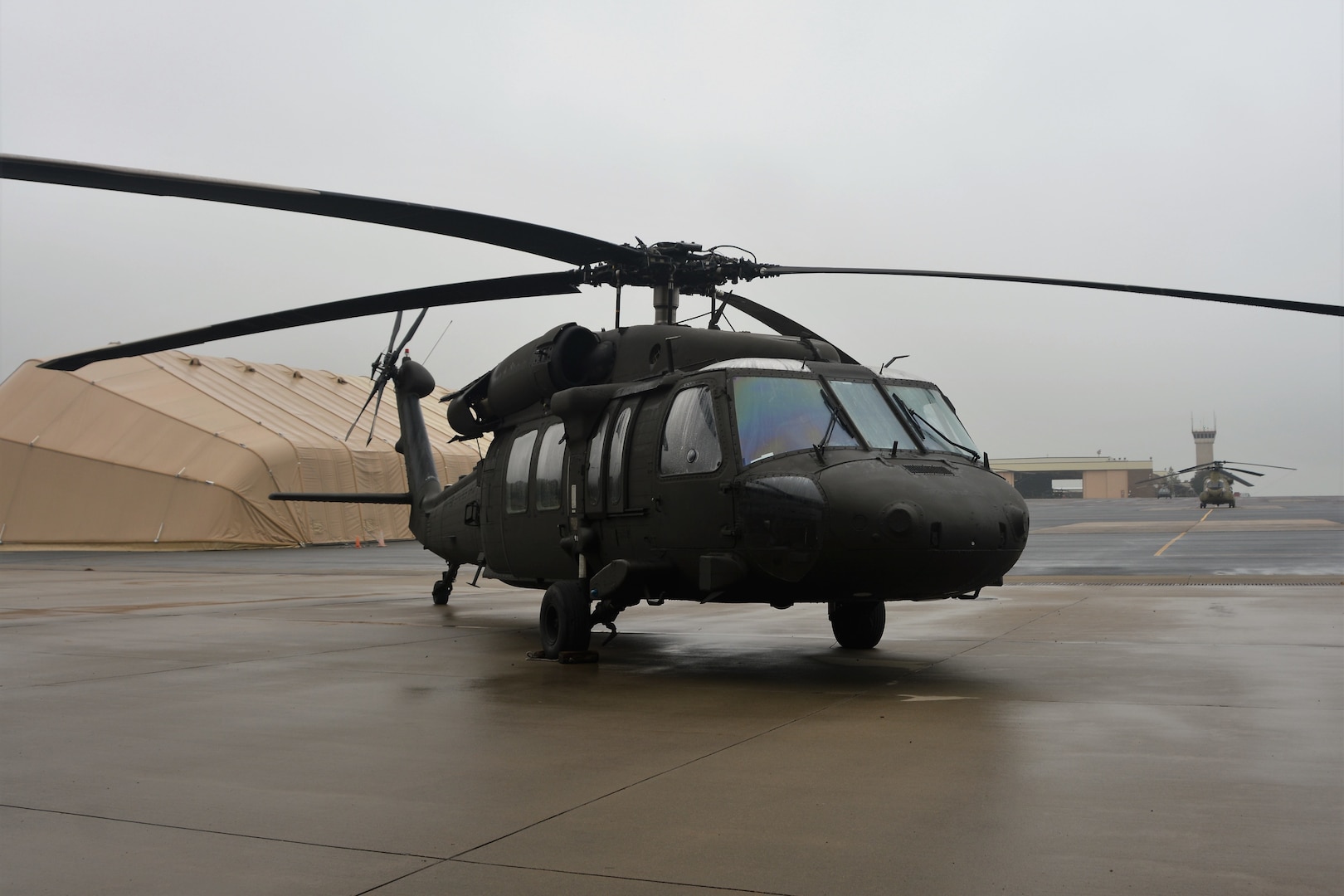The Duty of Aircraft in Shaping Global Transportation and Trade Characteristics
The development of airplane has actually indelibly changed international transport and trade dynamics, helping with extraordinary degrees of connectivity and performance. Via the facility of robust air freight networks, companies can currently navigate worldwide markets with remarkable speed and dexterity, consequently redefining supply chain approaches. Nonetheless, this change is not without its challenges, as the aeronautics sector comes to grips with sustainability concerns and governing pressures. As we check out the multifaceted impacts of aircraft on international trade, it is vital to take into consideration exactly how these factors will certainly shape the future landscape of air travel and its role in the economic situation.

Advancement of Air Transportation
The development of air transport has actually been noted by considerable technological developments and technologies that have actually transformed the method individuals and products move across the globe. From the Wright brothers' initial powered flight in 1903 to the development of supersonic jets, each milestone has underscored the relentless pursuit of effectiveness and speed in air traveling.
The latter component of the 20th century saw the appearance of commercial air travel as a sensible setting of transportation, identified by the intro of jet engines, which changed air traveling by drastically decreasing flight times. Furthermore, developments in navigation and interaction modern technologies have improved functional efficiency and security, permitting even more complicated trip routes and timetables. The surge of air cargo in parallel with passenger services has actually even more highlighted the adaptability of air travel. As we aim to the future, arising technologies such as self-governing and electrical aircraft promise to redefine the air transport landscape, guaranteeing continued evolution and adjustment to global demands.
Effect on Global Profession
Air transport has greatly improved global trade by assisting in the swift movement of products throughout huge distances. This expedited logistics ability permits companies to react rapidly to market demands, thereby enhancing supply chain performance. The ability to deliver disposable goods, high-value things, and time-sensitive items has actually opened brand-new markets and possibilities for various markets, substantially affecting trade patterns.
Additionally, the growth of air cargo networks has actually cultivated globalization, enabling firms to source materials and products from various components of the globe seamlessly. This interconnectedness decreases lead times and prices, allowing organizations to continue to be competitive in a progressively worldwide marketplace. Furthermore, air transport plays a critical function in ecommerce, where customer expectations for quick distribution have actually driven a rise in need for air cargo solutions.
The influence of airplane on international profession encompasses the development of critical profession paths, connecting regions and assisting in worldwide collaborations. Countries that buy air transport infrastructure frequently experience enhanced economic development and enhanced foreign direct investment. Overall, the evolution of air transport has not just changed the logistics landscape however has likewise become an important component in the dynamics of global profession.

Economic Advantages of Air Travel
A durable air travel field produces significant financial benefits, contributing to job production, tourism, and total financial growth - uh 60. The aviation sector supports numerous work worldwide, varying from direct work in airlines and airport terminals click for source to indirect duties in markets such as hospitality, transportation, and logistics. According to market reports, for every single job in the aviation industry, around 3.5 added jobs are produced in the wider economic climate
Tourist is a pivotal aspect of the financial benefits acquired from air travel. Flight facilitates global tourism, enabling vacationers to check out diverse locations, which in turn promotes neighborhood economies. Countries that purchase their aviation facilities often experience raised tourist arrivals, resulting in higher spending on services such as tourist attractions, resorts, and dining establishments.

Additionally, aeronautics enhances global connectivity, enabling services to access new markets and resources efficiently. This connectivity fosters international trade, enabling for the rapid movement of products, which is essential in today's globalized economic situation. Therefore, industries such as ecommerce and production benefit exceptionally from reputable air transport, further anonymous driving economic growth. In general, the aviation field remains a foundation of economic vigor, emphasizing its integral duty in shaping modern economies.
Obstacles Dealing With the Aviation Industry
Browsing a complicated landscape of regulative, ecological, and economic challenges, the aeronautics sector encounters significant difficulties that endanger its sustainability and development. Regulations bordering security and safety and security are continually progressing, demanding ongoing conformity and adaptation from airlines and producers (uh 60). This can cause enhanced functional prices and source appropriation that diminishes innovation and growth initiatives
In addition, ecological concerns have actually come to be critical, with expanding examination over carbon discharges and sound pollution. The industry is under stress to take on greener practices and modern technologies, which frequently need significant investment in study and advancement. Stabilizing these environmental duties with the demand for flight presents a substantial difficulty.
Economic fluctuations, such as climbing fuel costs and geopolitical unpredictabilities, even more complicate the landscape. Airline companies often grapple with volatile operating expense and rising and fall guest need, which can influence profitability and lasting preparation. Labor scarcities and skill gaps in important locations include another layer of complexity, impeding functional effectiveness.
Eventually, addressing these complex difficulties is vital for the aviation sector to keep its critical role in worldwide transportation and trade, while guaranteeing resilience and flexibility in an increasingly competitive market.
Future Trends in Flight
Emerging innovations and changing consumer preferences are positioned to improve the future of flight considerably. The combination of expert system and maker learning is anticipated to enhance functional performance, improve flight terminal processes, and boost customer care. Anticipating analytics will help with extra accurate demand projecting, enabling airlines to enhance flight routines and rates versions.
Sustainability is ending up being an essential vehicle driver in flight, with the air travel industry progressively concentrated on reducing carbon discharges. Technologies in airplane layout, such as hybrid and electric propulsion systems, are being checked out to satisfy environmental targets. The fostering of sustainable aviation gas (SAFs) is anticipated to play a vital function in accomplishing net-zero discharges by 2050.
Consumer choices are shifting towards customized travel experiences. Airlines are purchasing innovative data analytics to tailor services and improve consumer engagement, making sure a much more tailored trip from reserving to arrival. In addition, the rise of remote work may cause raised demand for leisure traveling, as individuals seek to combine job and trip.
Conclusion
The advancement of air transportation has transformed global profession, yielding substantial financial advantages while additionally providing obstacles that need calculated management. The continuous adjustment of the aviation industry will certainly be vital for maintaining its contributions to the worldwide economic climate.
The latter part of the 20th century observed the emergence of business aviation as a sensible mode of transportation, defined by the intro of jet engines, which revolutionized air traveling by substantially minimizing flight times. The surge of air cargo in official site parallel with guest solutions has further emphasized the convenience of aviation. Additionally, air transport plays an essential duty in e-commerce, where consumer assumptions for fast shipment have driven a rise in demand for air products solutions.
In general, the advancement of air transport has not only transformed the logistics landscape but has likewise become an essential component in the characteristics of international profession.
Sustainability is ending up being a key driver in air traveling, with the aviation industry progressively concentrated on reducing carbon discharges.